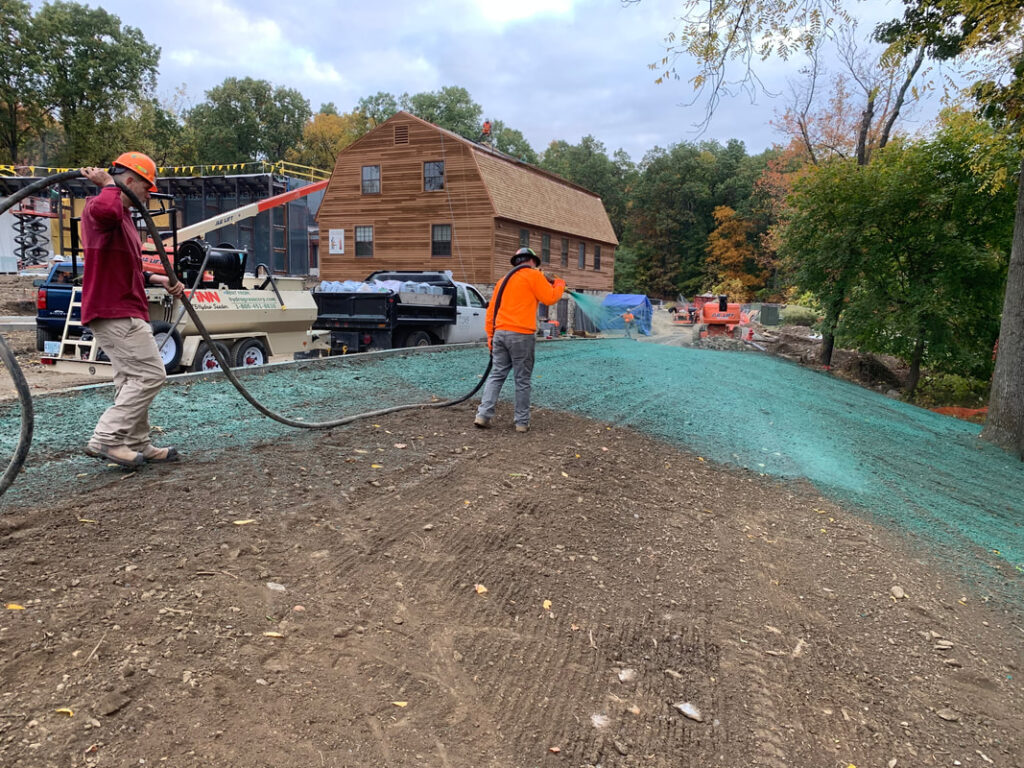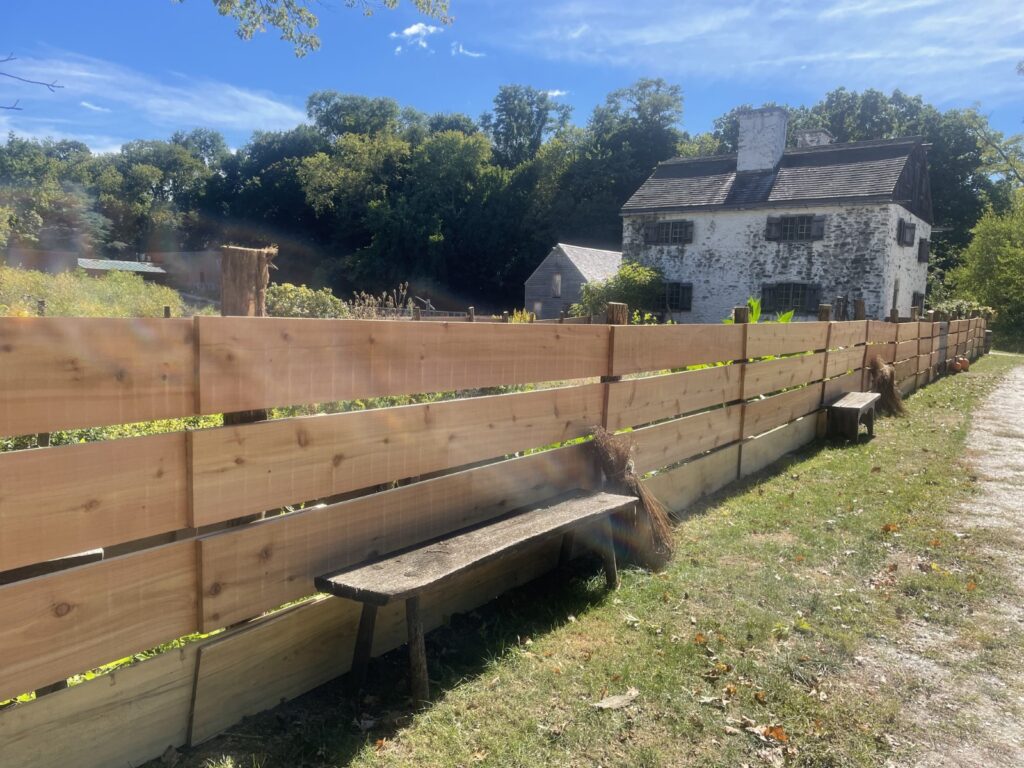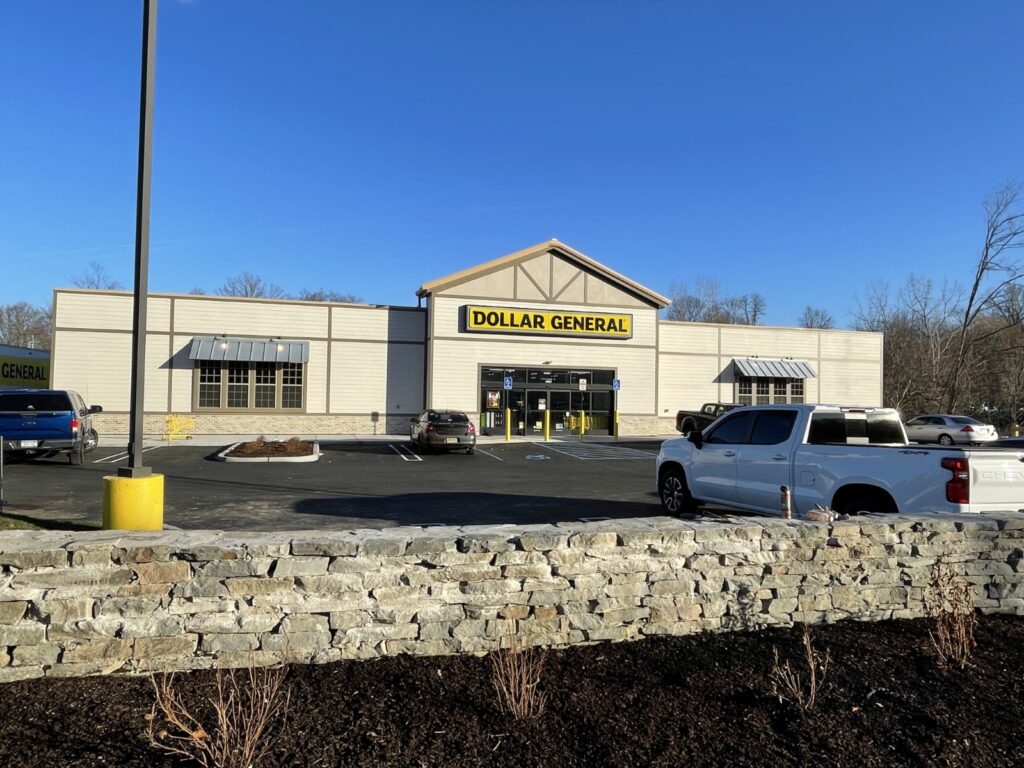All business transactions between individuals and companies for a service or product should have a Proposal for Work. Once signed, a Proposal can serve as an agreement for services, materials and payment between the buyer and the contractor or agent. Whether it is a wedding planner, caterer, or a roofing or site work contractor, you need a proposal!
A proposal should outline basic terms of the work, service or product. Quantities, the time for completion, a schedule, cost, provisions for additional services or products needed, provisions for payment terms, exclusions, and anything specific to be provided by either the purchaser or vendor should be outlined in a proposal, so everyone is clear on what is provided for the exact cost. A proposal can be signed as a binding agreement.
A proposal should outline basic terms of the work, service or product. Quantities, the time for completion, a schedule, cost, provisions for additional services or products needed, provisions for payment terms, exclusions, and anything specific to be provided by either the purchaser or vendor should be outlined in a proposal, so everyone is clear on what is provided for the exact cost. A proposal can be signed as a binding agreement.
Now, Dillon & Semenovich Inc. knows little on roofing or catering, so we will stick to discussing what you should look for in a professional site work contractor, and their proposal. There are many facets to site work, so we will cover some of the most common things we think you should be concerned about.

Insurance- Is your contractor insured? Large machinery can damage existing utilities, trees, and your driveway. Make sure your contractor is insured for damages they cause.
Utilities– Your contractor should know to call 311 for utility mark outs. Because some utilities are private, such as cable or even electric, most site contractors have their own utility locators for on-site locating. Hitting electric or sewer is dangerous, hazardous, and costly. Experienced equipment operators are less likely to damage unmarked utilities, because they watch for changes in the soil.
Permits- Does your municipality require separate permits for water and sewer work, clearing, or driveways? Building permits do not necessarily include these items. Bonds may be required for work on State highways, and on municipal utility lines. Fines for violating NYS DEC regulations can be severe. Find out if you, or your contractor will have to obtain the permits, and the costs associated with the permits and/or bond requirements. Pond and wetland work always need DEC approval.
Materials- It is a good idea to read over your proposal to be sure your contractor will be providing the correct materials, and the correct quantity. Are the materials of the same quality, or offer the same warranty? Some contractors cut costs by using cheaper product, or by “skimping.” You can eliminate skimping by requesting load tickets that show what was delivered and used in your project. If you know the footage of your project, the Internet makes it simple for a homeowner to research how many tons of asphalt or stone is needed.
Equipment- The condition of equipment and vehicles can be an indication of both quality and completion time for your project. There is nothing wrong with older, well maintained equipment. Vehicles and equipment that look poorly maintained are more likely to breakdown, and delay a project. Business owners who maintain their fleet pay attention to details on the job as well, such as daily clean up, scheduling, and quality.
Schedule- If you have a deadline for work, put it in writing. Some contractors will start, and then leave projects to come back at a later time. If you have a short timeline, a contractor might include working longer shifts, which is more costly. If a contractor seems “delinquent”, and you have a schedule in writing, your town or county consumer affairs department will usually assist a property owner.
Hopefully these tips help you compare apples to apples in selecting your next contractor! In my experience as a business owner and homeowner, the old adage “you get what you pay for” is often true. Having a written Proposal will help you determine what you are paying for, before you make your decision to hire!





